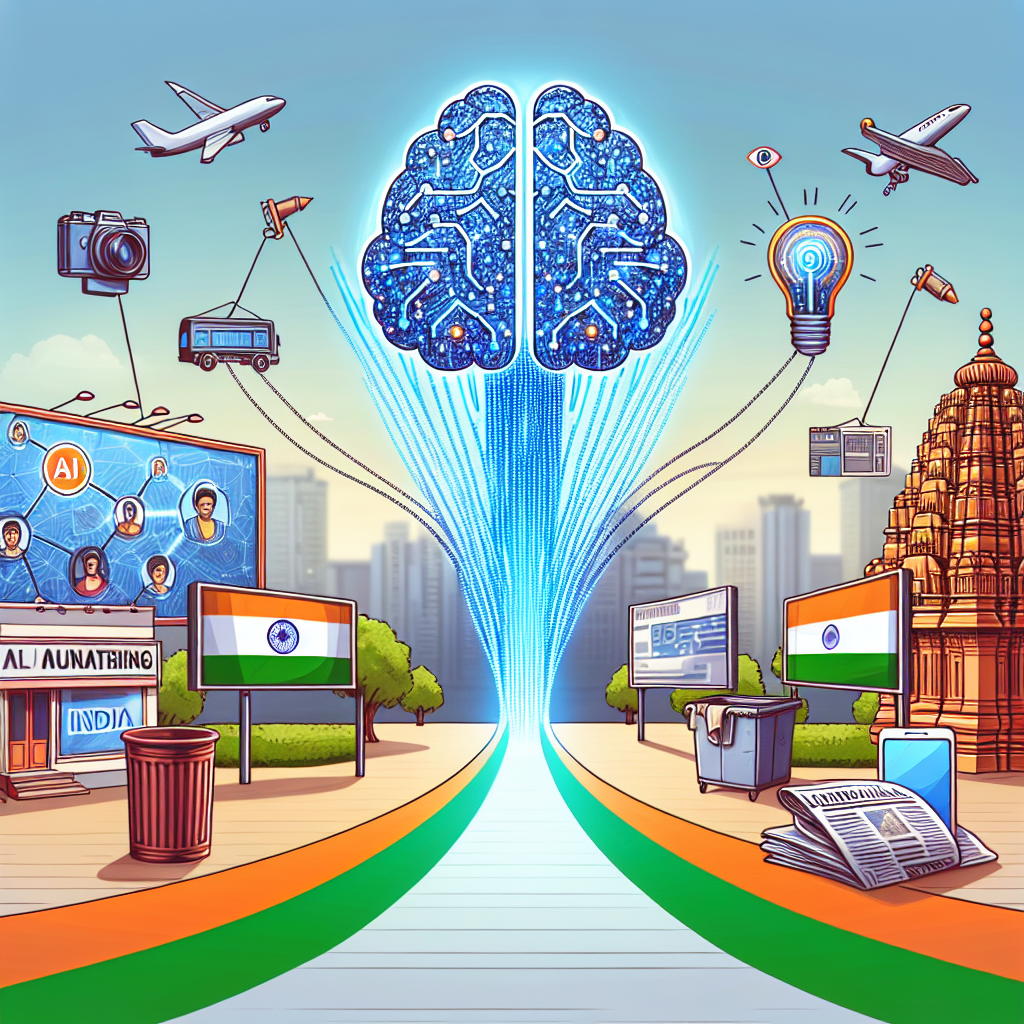In a significant development for digital marketing, Google has unveiled a new strategy for ad integration within AI-generated content overviews specifically targeting the Indian market. This approach leverages the burgeoning capabilities of artificial intelligence to create a more dynamic and targeted advertising environment. According to the article “Google Announces Rollout of Ads in AI Overviews in India, AI-Powered Ad Solutions” published by Startup News, this initiative marks a pioneering effort by Google to harmonize AI technology with advertisement delivery, thereby creating customized user interactions.
The move is poised to transform how advertisers connect with their audiences, offering them a sophisticated platform where ads are not just inserted but intelligently integrated based on the content generated by AI. This not only enhances relevance but also significantly boosts the potential for user engagement. Google’s decision to pilot this program in India underscores the country’s increasing importance as a digital innovation hub. India, with its vast and diverse internet user base, presents a unique challenge and opportunity for AI and machine learning technologies to cater to a wide range of linguistic, cultural, and personal preferences.
These AI-driven ad solutions are designed to learn and adapt, improving their accuracy in targeting and relevance over time. Such advancements are expected to lead to more efficient marketing spending and increased return on investment for advertisers who will be able to reach their desired audiences more directly and with messages that resonate on a more personal level.
However, the integration of ads in AI-generated content also raises questions about privacy and the extent to which users are aware that their data is being used to tailor advertising content. As AI becomes more deeply integrated into the digital advertising landscape, balancing transparency with personalization will be crucial. Consumers’ concerns about privacy and data protection are paramount, considering the sophisticated data analysis involved in this process.
Industry experts suggest that this new ad strategy could set a precedent for other markets. If successful, Google could expand this technology to other regions, potentially changing the global digital advertising ecosystem. The effectiveness of these AI-driven solutions in India could inform how similar technologies are adopted worldwide, making the outcomes of this rollout closely watched by industry leaders and regulatory authorities alike.
Given the rapid evolution of AI capabilities, this development from Google is just an indicator of future trends where AI not only assists in understanding content but also plays an integral part in how it is monetized. As this technology matures, the implications for advertisers and consumers will likely expand, necessitating ongoing dialogue and perhaps new regulatory frameworks to address the complex issues that will arise.



